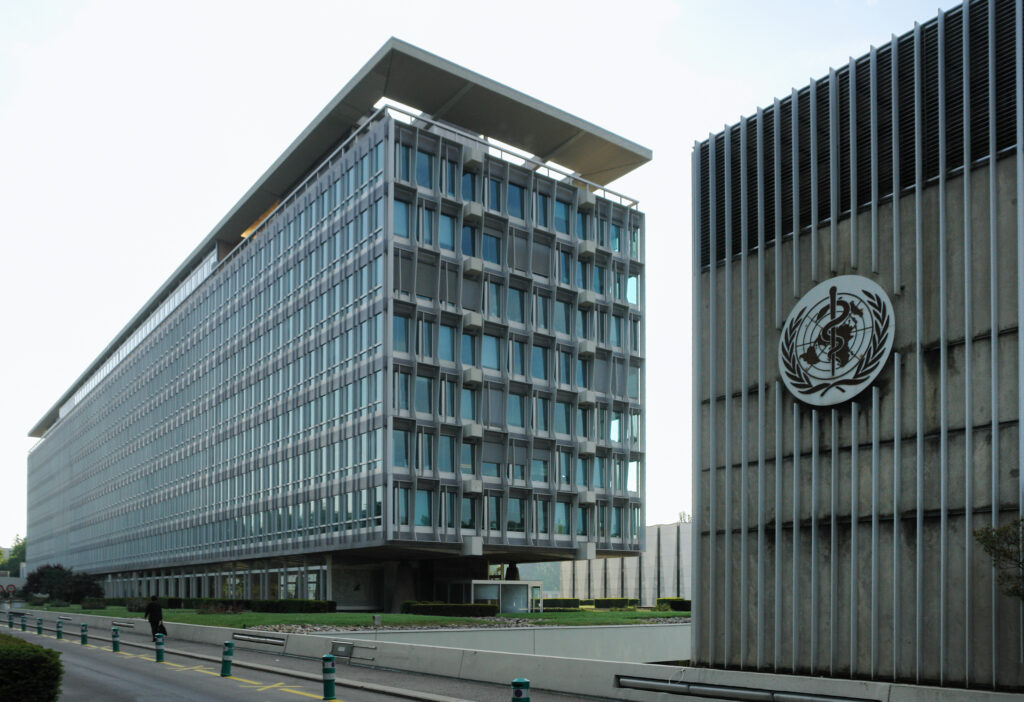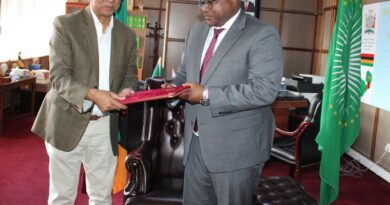WHO Launches Global Strategic Plan to Combat Rising Dengue and Aedes-Borne Arboviral Diseases
The World Health Organization (WHO) has officially launched the Global Strategic Preparedness, Readiness, and Response Plan (SPRP) to address the alarming rise of dengue and other Aedes-borne arboviral diseases, including Zika and chikungunya. This comprehensive initiative aims to reduce the incidence of disease, suffering, and fatalities associated with these illnesses through a coordinated global response.
With an estimated four billion people currently at risk of arboviral infections—projected to increase to five billion by 2050—the urgency of this plan is underscored by the dramatic rise in dengue cases. WHO reports that global dengue cases have doubled annually since 2021, reaching over 12.3 million cases by the end of August 2024, nearly double the 6.5 million cases reported throughout all of 2023.
Dengue is endemic in tropical and subtropical regions, particularly in Southeast Asia, the Western Pacific, and the Americas, with an alarming situation also unfolding in Africa, where countries are grappling with multiple health challenges exacerbated by conflict and natural disasters. The WHO has classified the current global dengue upsurge as a grade 3 emergency, the highest level of alert, to bolster countries’ surveillance capabilities and response activities.
“The rapid spread of dengue and other arboviral diseases in recent years is an alarming trend that demands a coordinated response across sectors and across borders,” said Dr. Tedros Adhanom Ghebreyesus, WHO Director-General. “This plan serves as a roadmap to combat these diseases, protect vulnerable populations, and pave the way for a healthier future.”
The SPRP includes five key components essential for effective outbreak response:
- Emergency Coordination: Establishing leadership and coordination activities.
- Collaborative Surveillance: Developing tools for early detection and control, including enhanced epidemiological analysis and laboratory diagnostics.
- Community Protection: Engaging local communities in prevention measures and mosquito control.
- Safe and Scalable Care: Ensuring effective clinical management and resilient health services for patients.
- Access to Countermeasures: Promoting research and innovation for improved treatments and vaccines.
The one-year plan, requiring US$ 55 million to support health preparedness and response efforts, aligns with the Global Vector Control Response 2017-2030 and the Global Arbovirus Initiative, which seeks to tackle mosquito-borne arboviruses with epidemic potential.
Factors such as rapid urbanization, inadequate water, sanitation, and hygiene practices, climate change, and increased international travel have contributed to the geographical spread of dengue, which is now endemic in over 130 countries. Similar trends are observed for other arboviral diseases, highlighting the urgent need for a robust strategy to protect global populations.
The SPRP calls upon all stakeholders—from government agencies and health-care providers to communities and individuals—to collaborate in the fight against dengue and other Aedes-borne arboviruses, leveraging innovation and enhanced vector control strategies.



